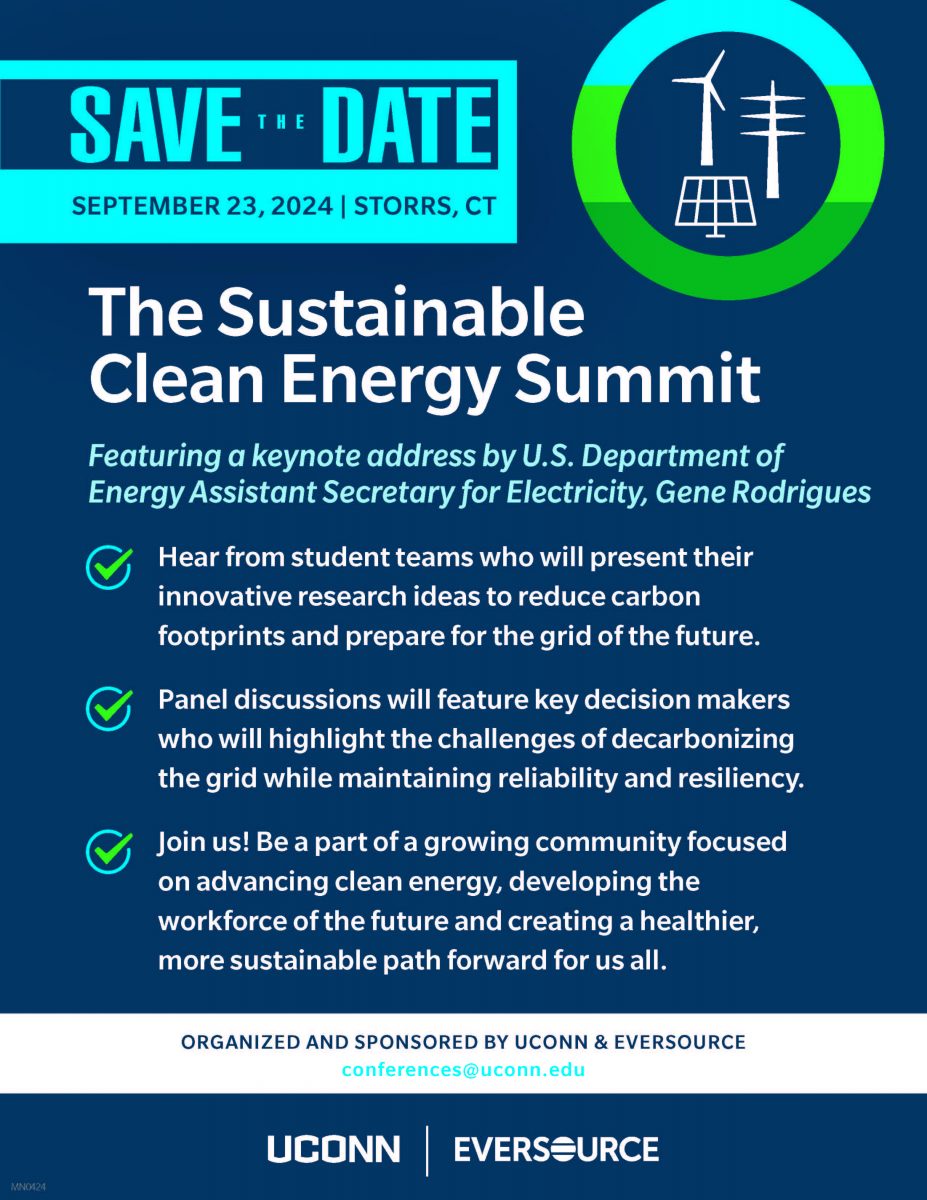
Co-Hosts University of Connecticut and Eversource are partnering again to continue the dialogue on pressing equitable clean energy issues in the second Sustainable Clean Energy Summit on Monday, September 23, 2024, at the UConn Storrs campus. Last year’s turnout of 400+ students, faculty and energy professionals highlighted the need for continued collaboration and exploration of the shifting energy landscape. The summit will feature the second cohort of students participating in the Eversource-sponsored Clean Energy and Sustainability Innovation Program (CESIP). As part of this program, students are researching viable solutions (technical, social, and political) to address different aspects of the grand challenge of decarbonization and economic development in meeting ambitious climate goals.
UConn is proud and eager to announce that keynote speaker Gene Rodrigues, Assistant Secretary for Electricity, U.S. Department of Energy will kick off this year’s summit. Mr. Rodrigues brings both a technical expertise to creating a reliable and affordable power grid and serves as DOE’s senior official on the federal interagency working group for the White House Initiative on Asian Americans, Native Hawaiians, and Pacific Islanders. Panels with leaders from industry, government, and community organizations will follow and we will finish with a Clean Energy Fair (again!).
Please mark September 23 on your calendar. Registration information will be sent in late July. We hope to see you there!
Questions: contact University Events and Conference Services, conferences@uconn.edu.

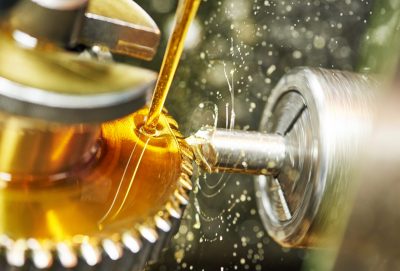 In this article, Debasish Mishra, PostDoc (UConn ‘23) and coauthors introduce a novel approach that applies unsupervised Machine Learning to predict tool wear in precision machining accurately. Tested across multiple machines, workpieces, toolings, and cutting settings, the research offers a promising new methodology for improving efficiency and reliability in machining operations by predicting tool replacement decisions.
In this article, Debasish Mishra, PostDoc (UConn ‘23) and coauthors introduce a novel approach that applies unsupervised Machine Learning to predict tool wear in precision machining accurately. Tested across multiple machines, workpieces, toolings, and cutting settings, the research offers a promising new methodology for improving efficiency and reliability in machining operations by predicting tool replacement decisions.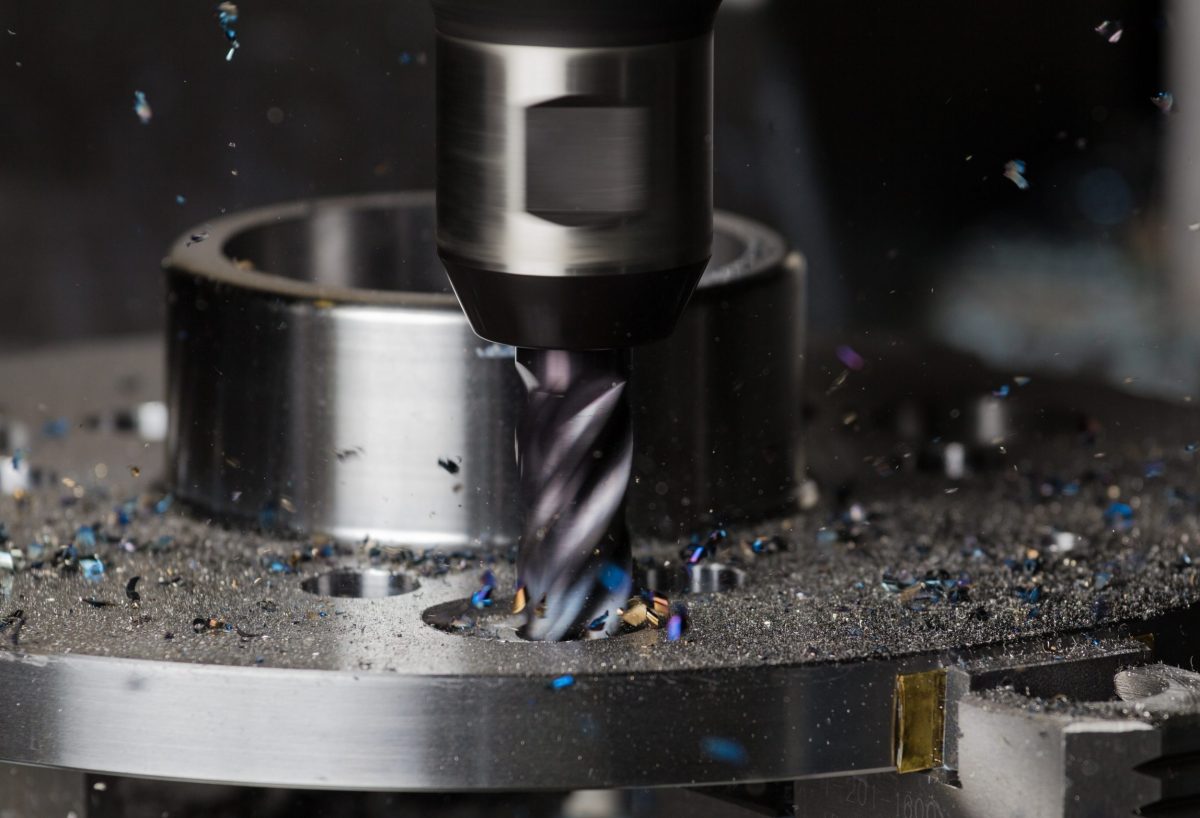
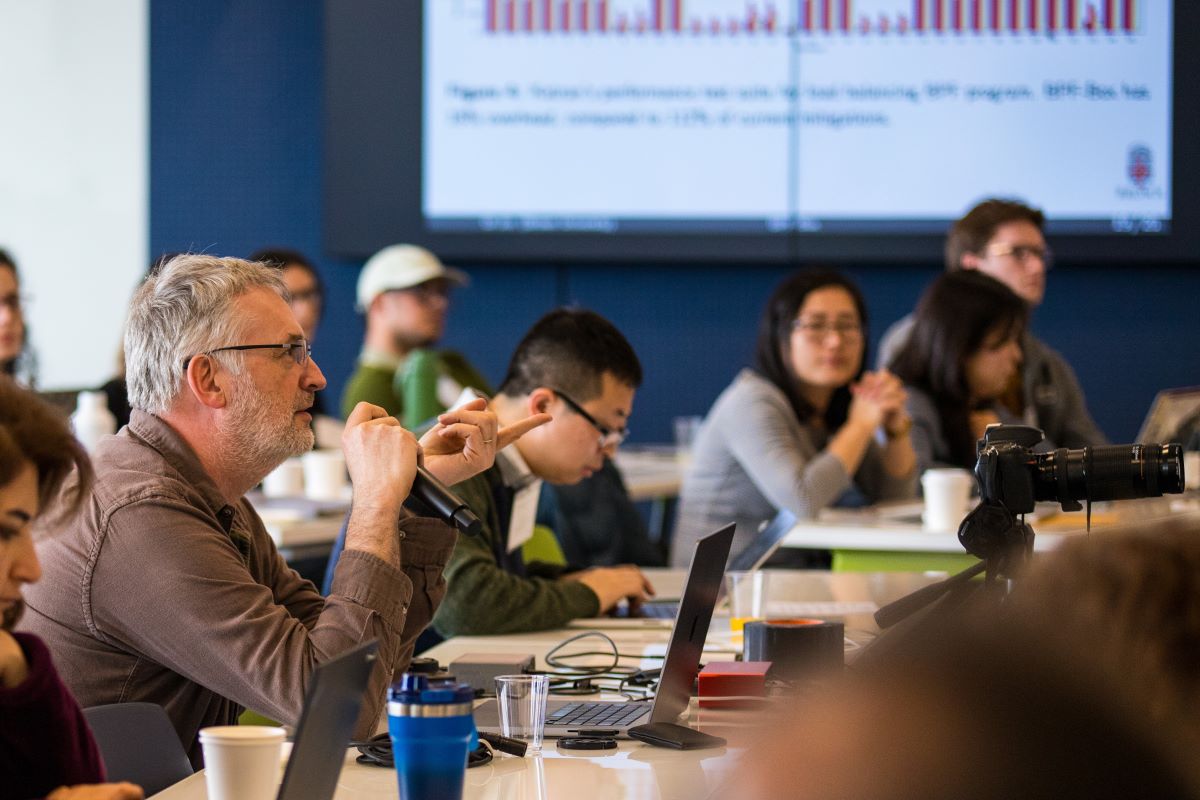

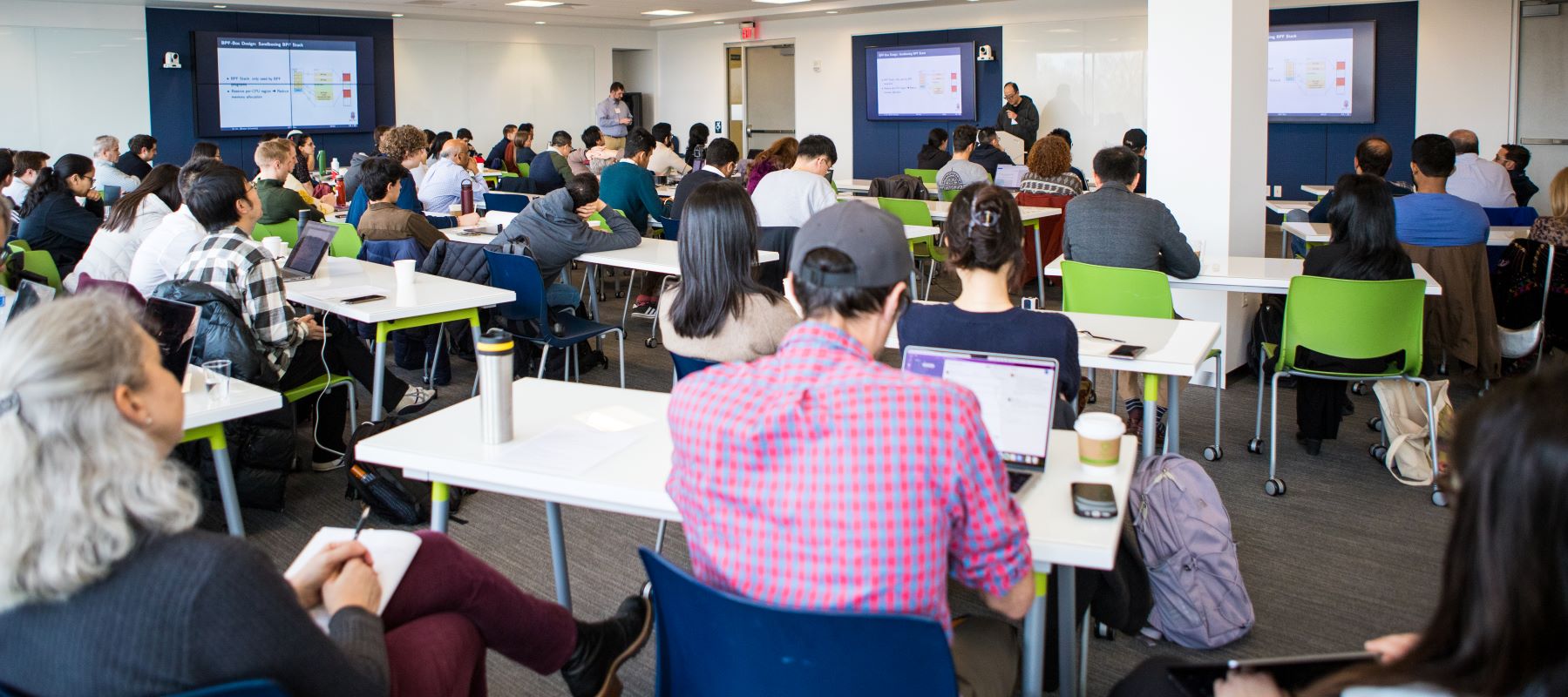
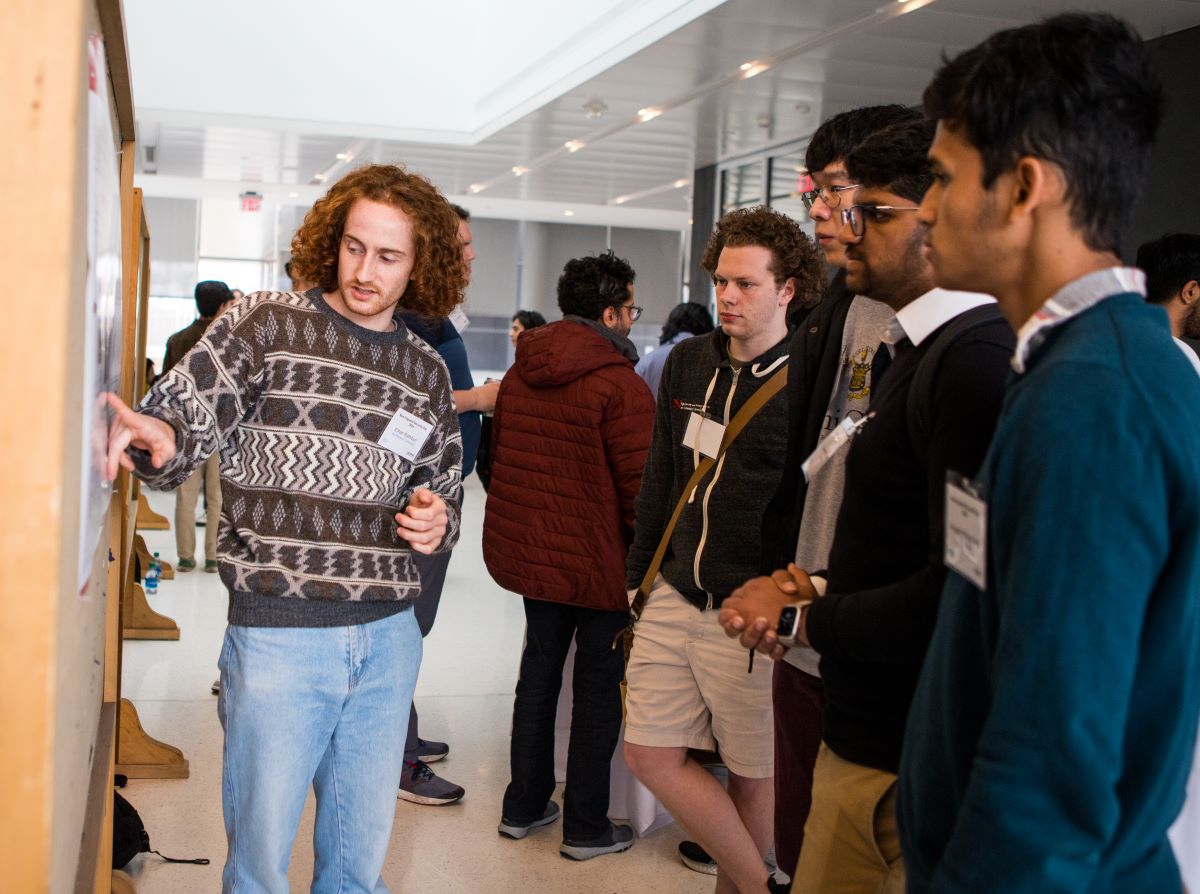
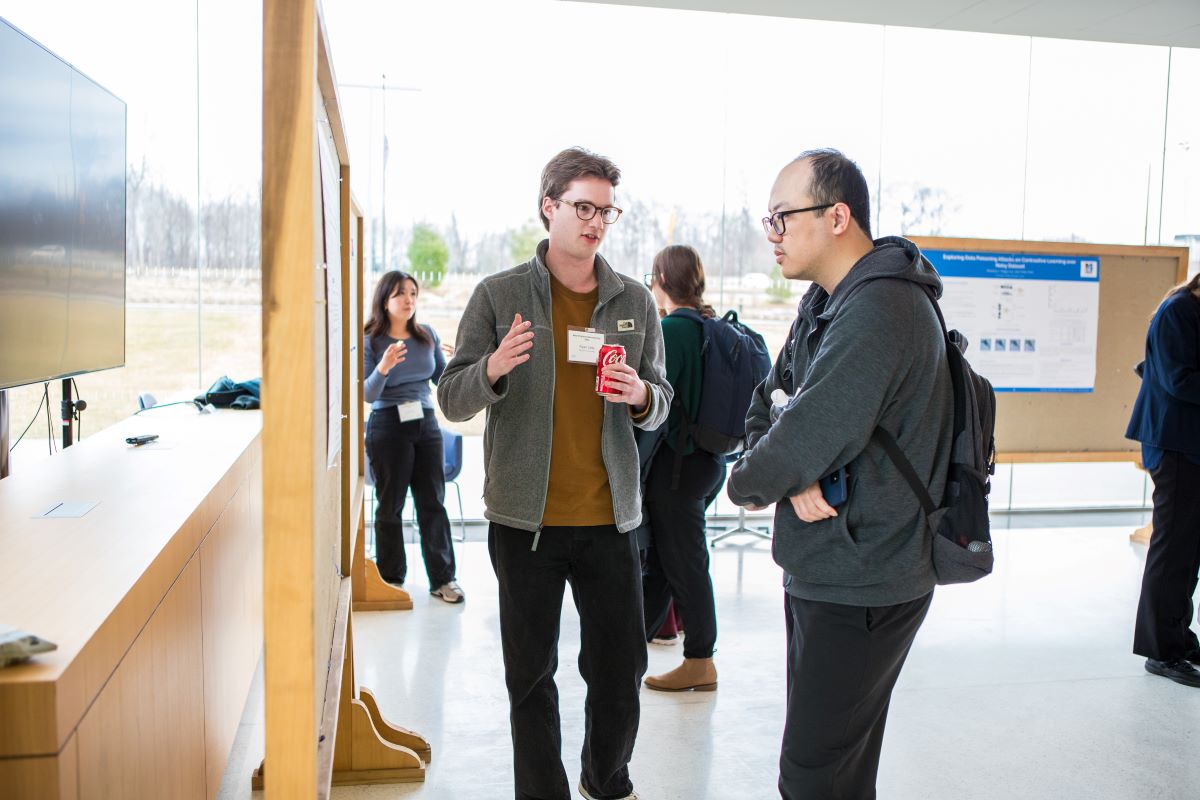
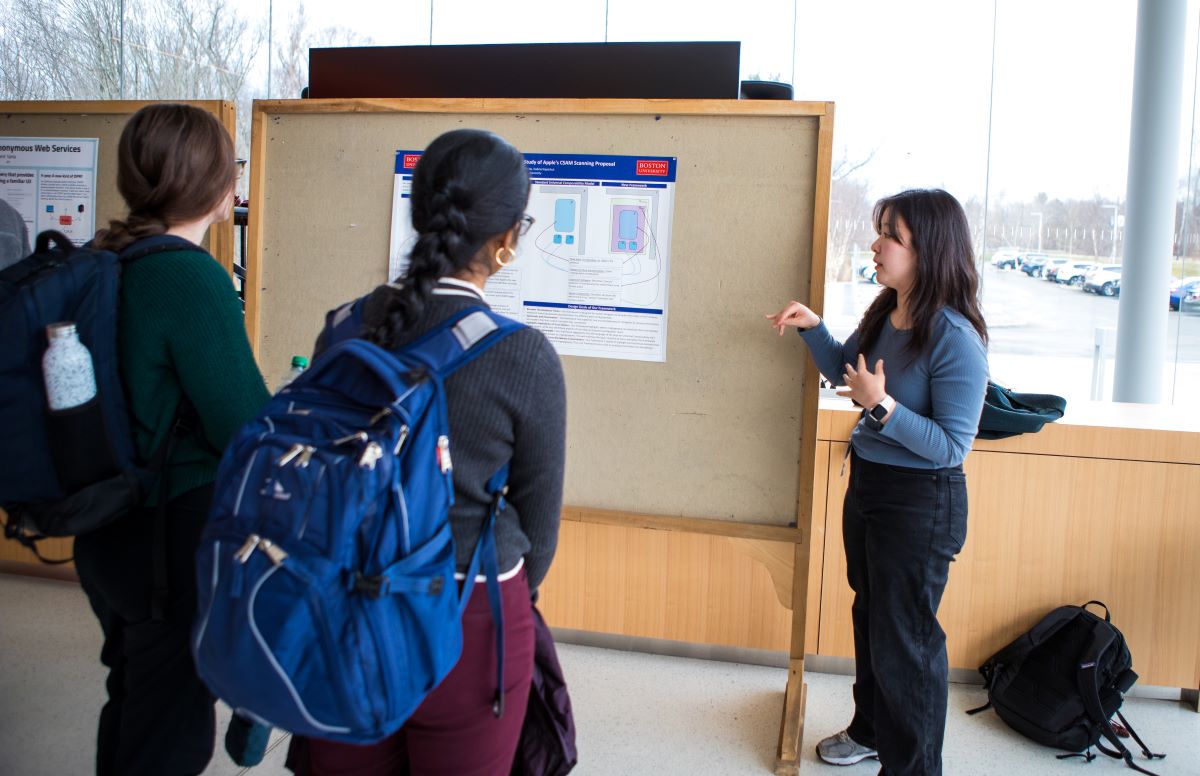

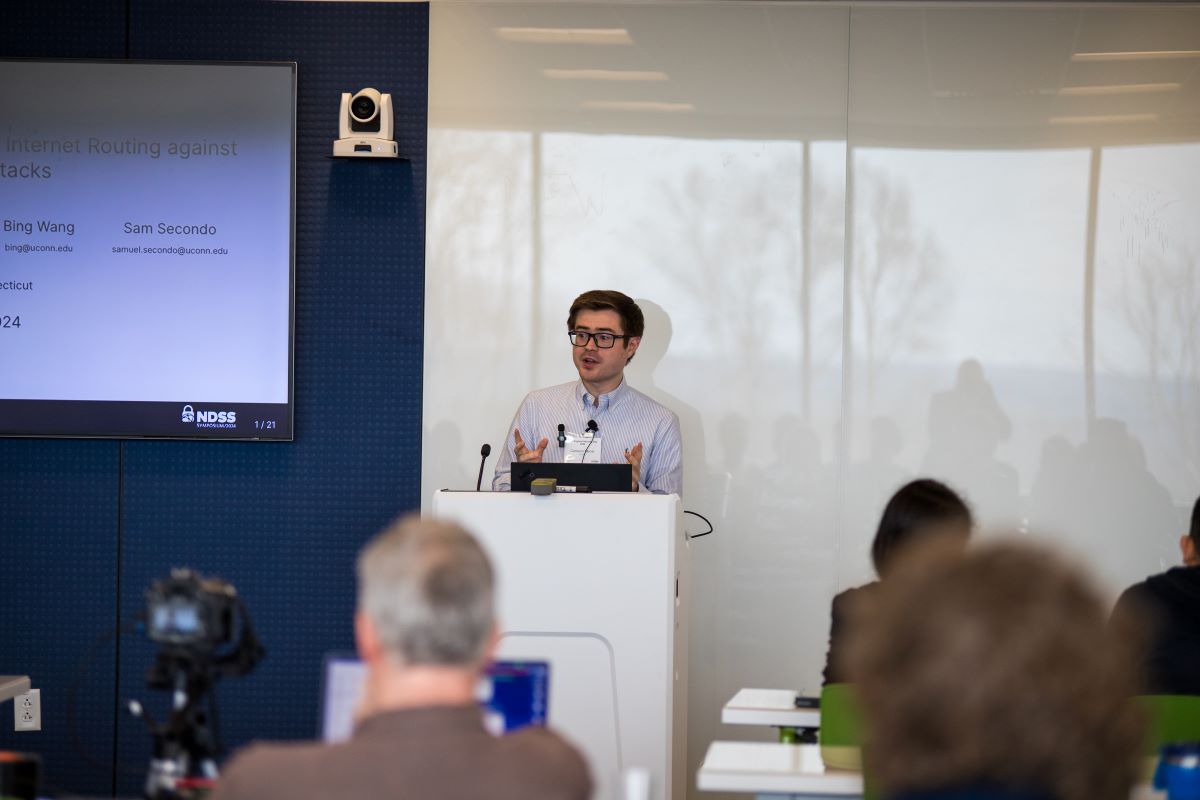
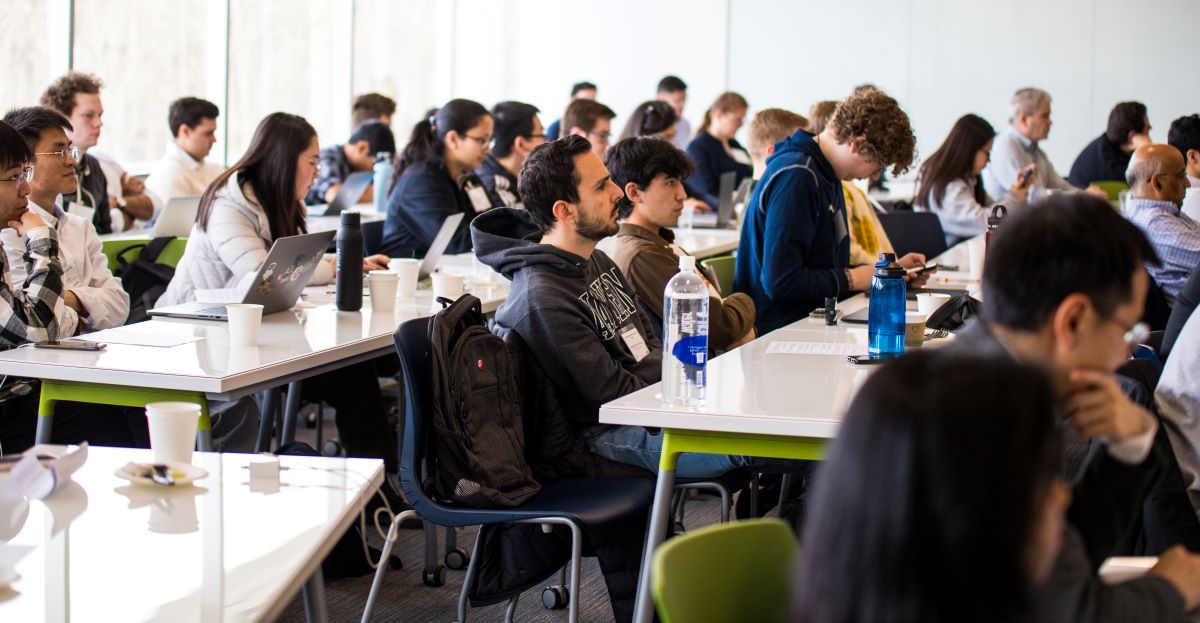

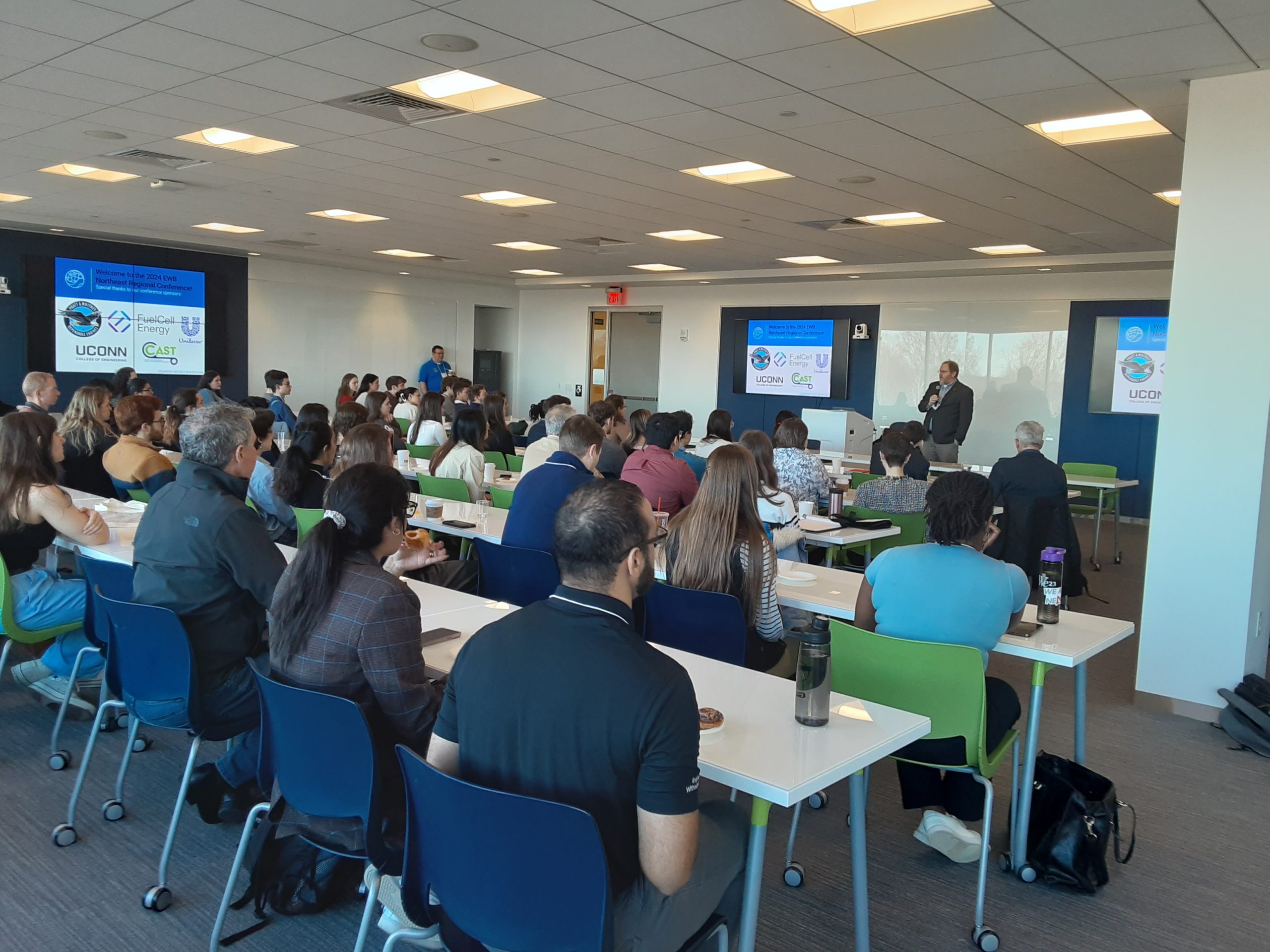
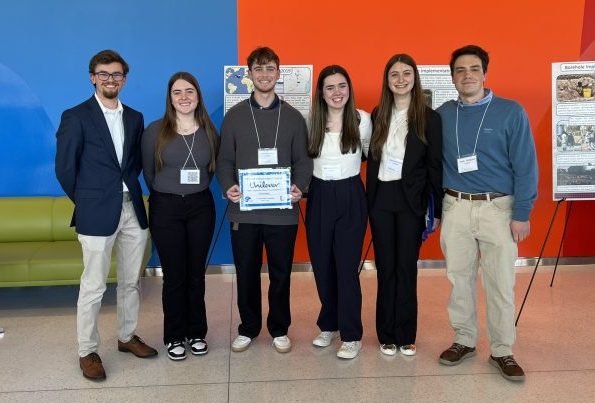
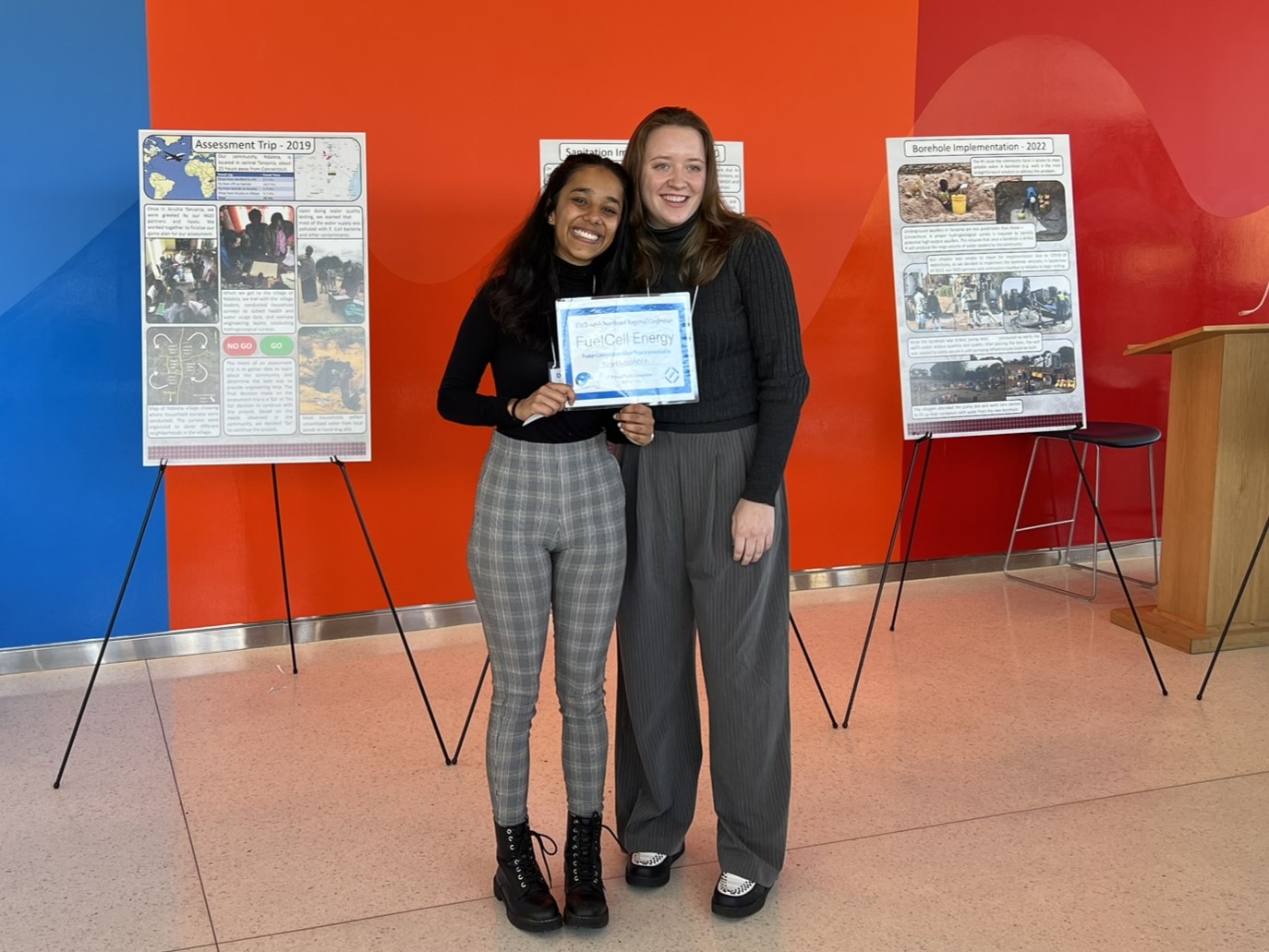
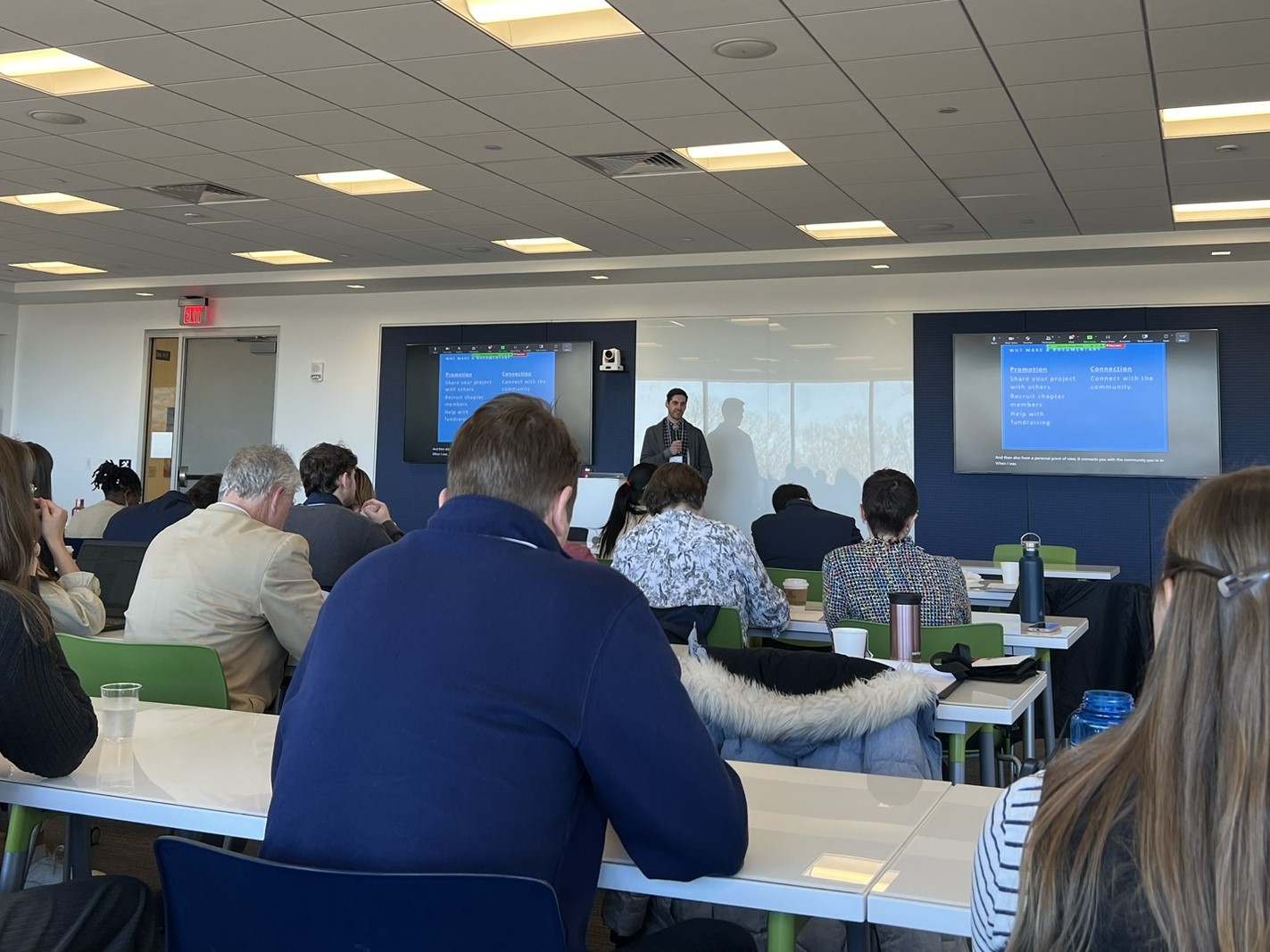
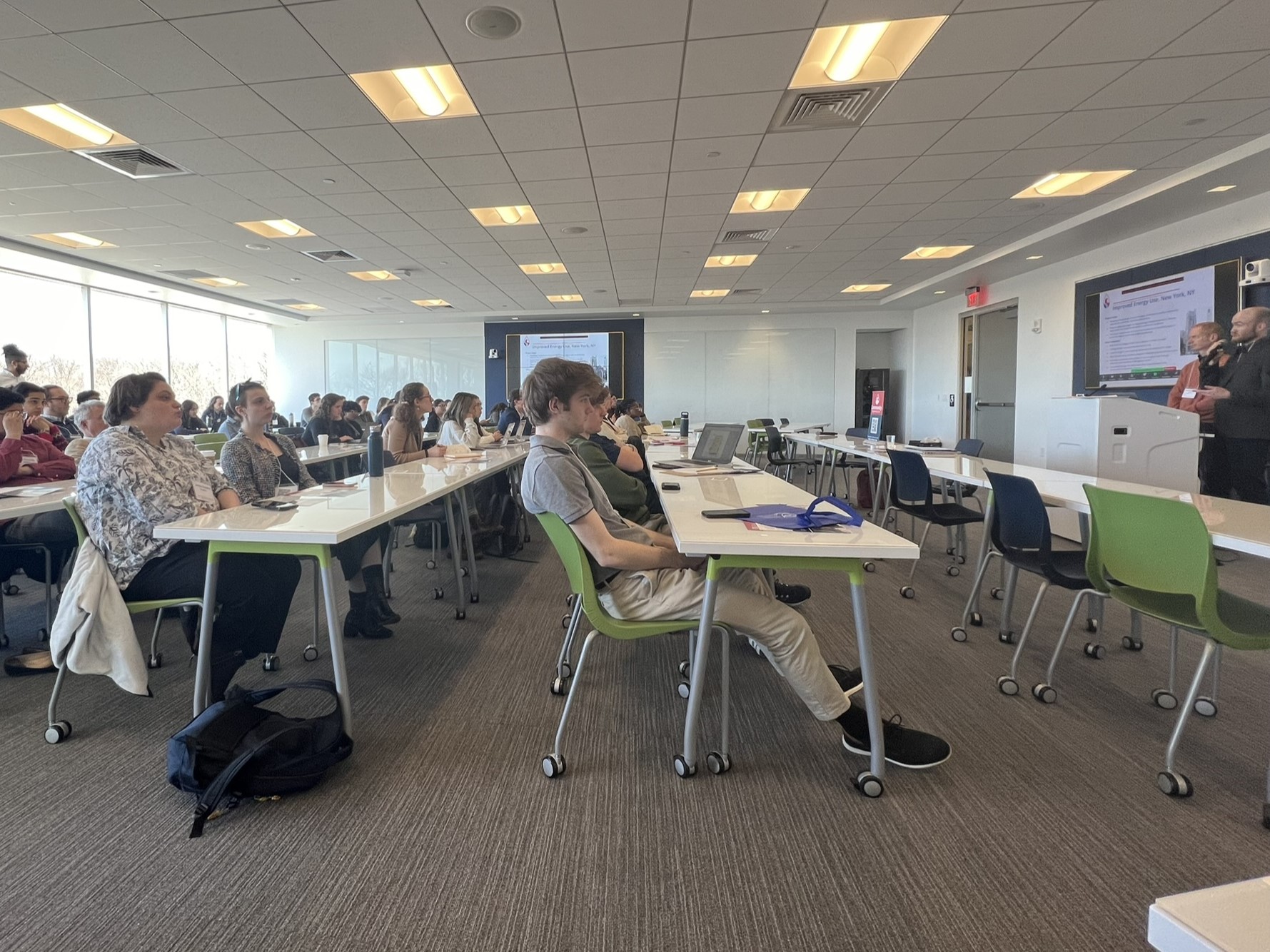
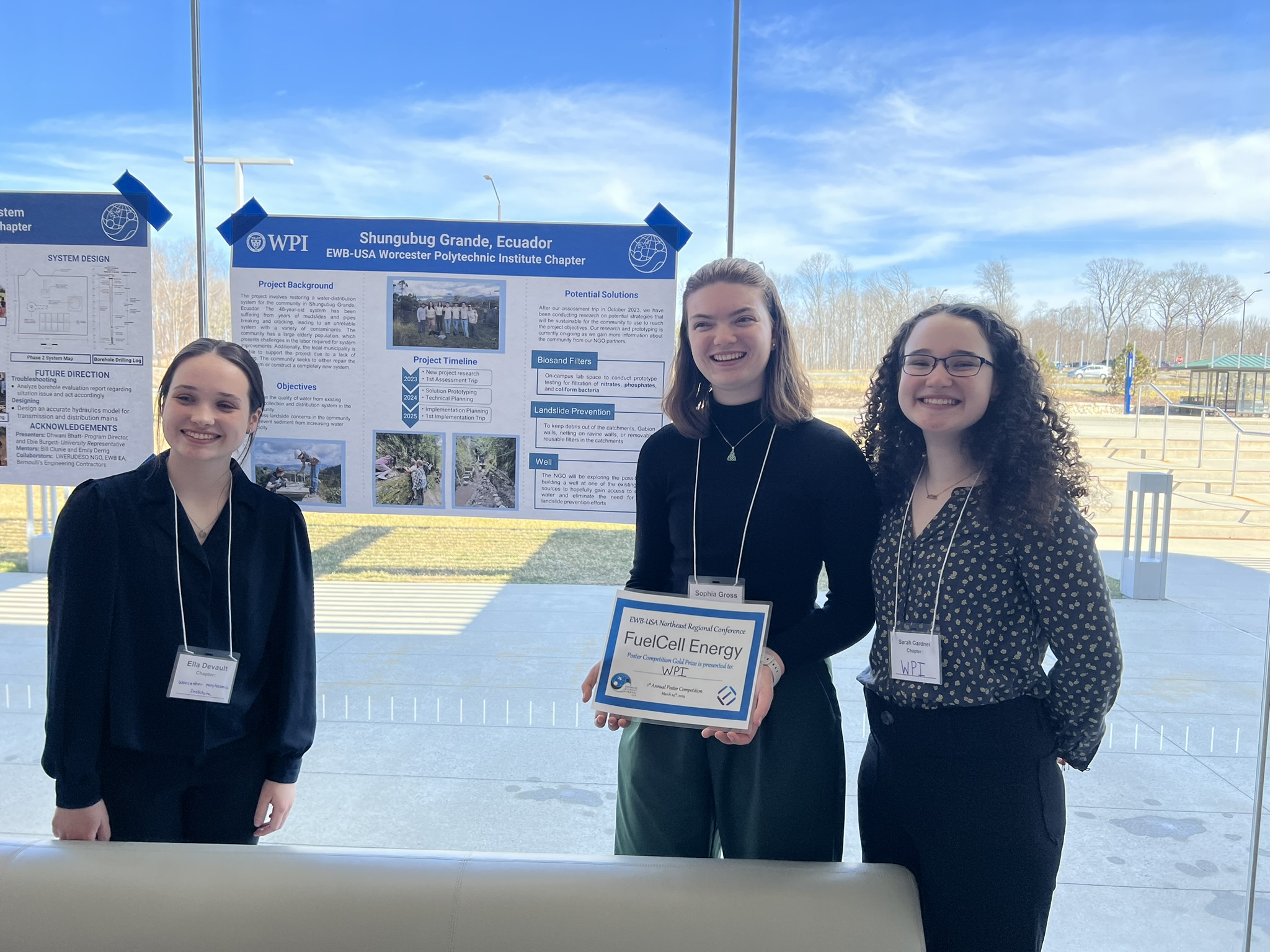
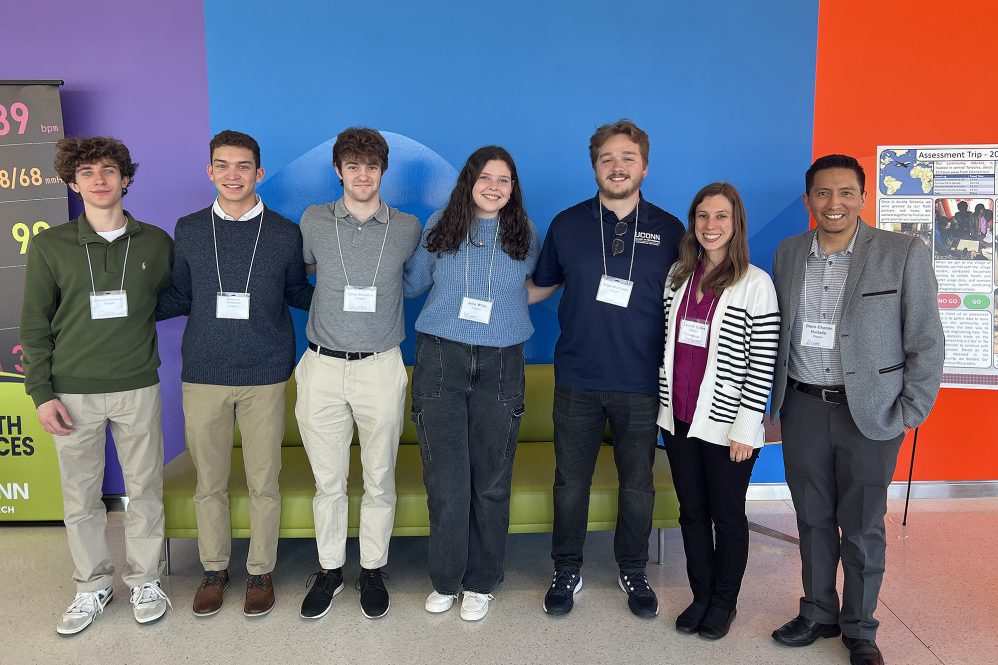
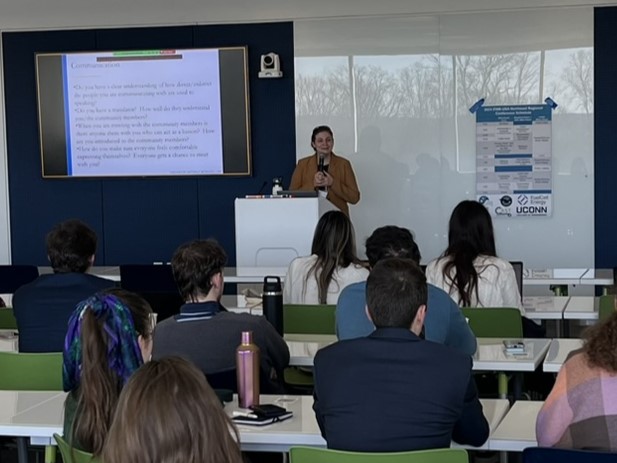
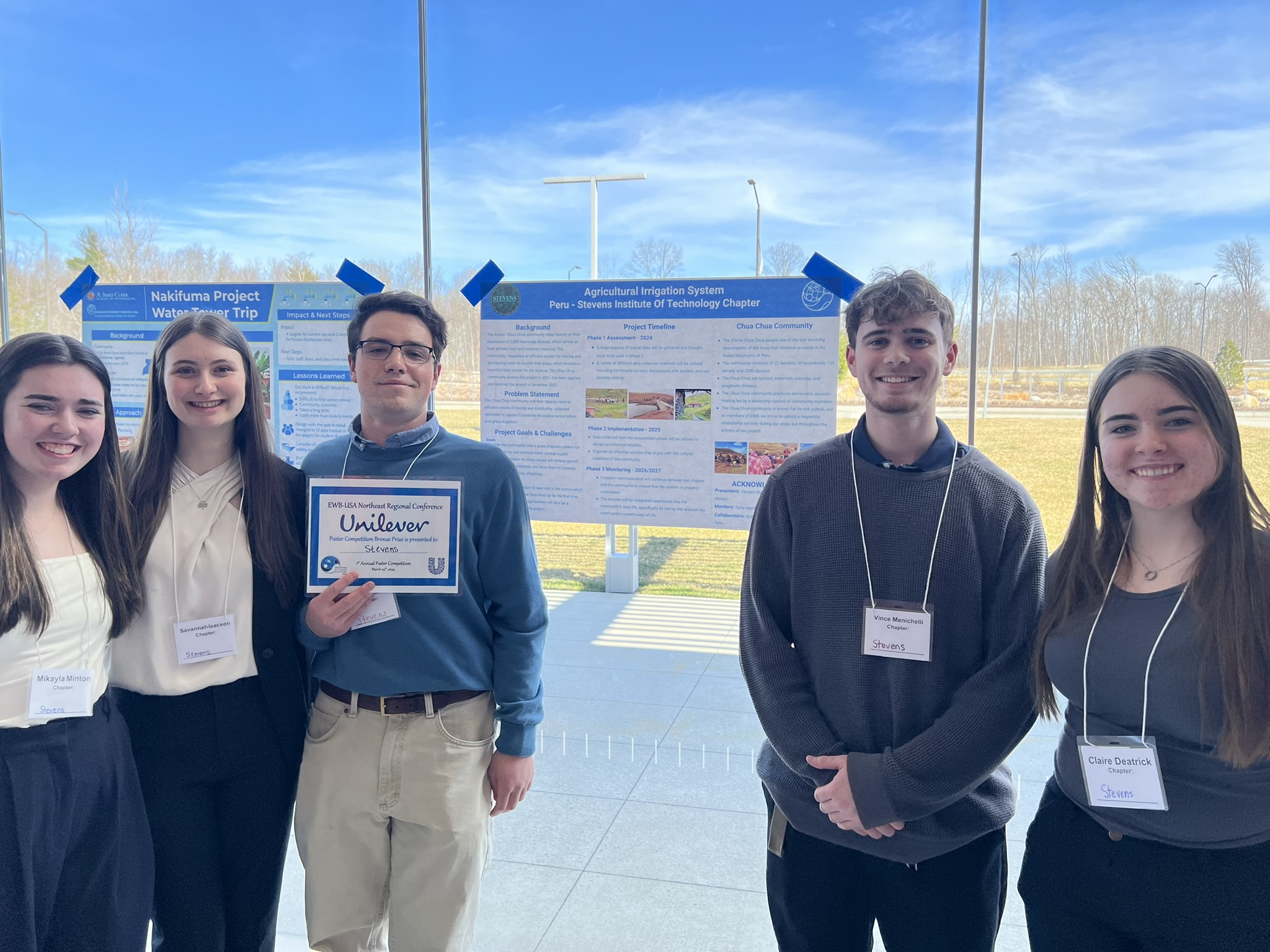
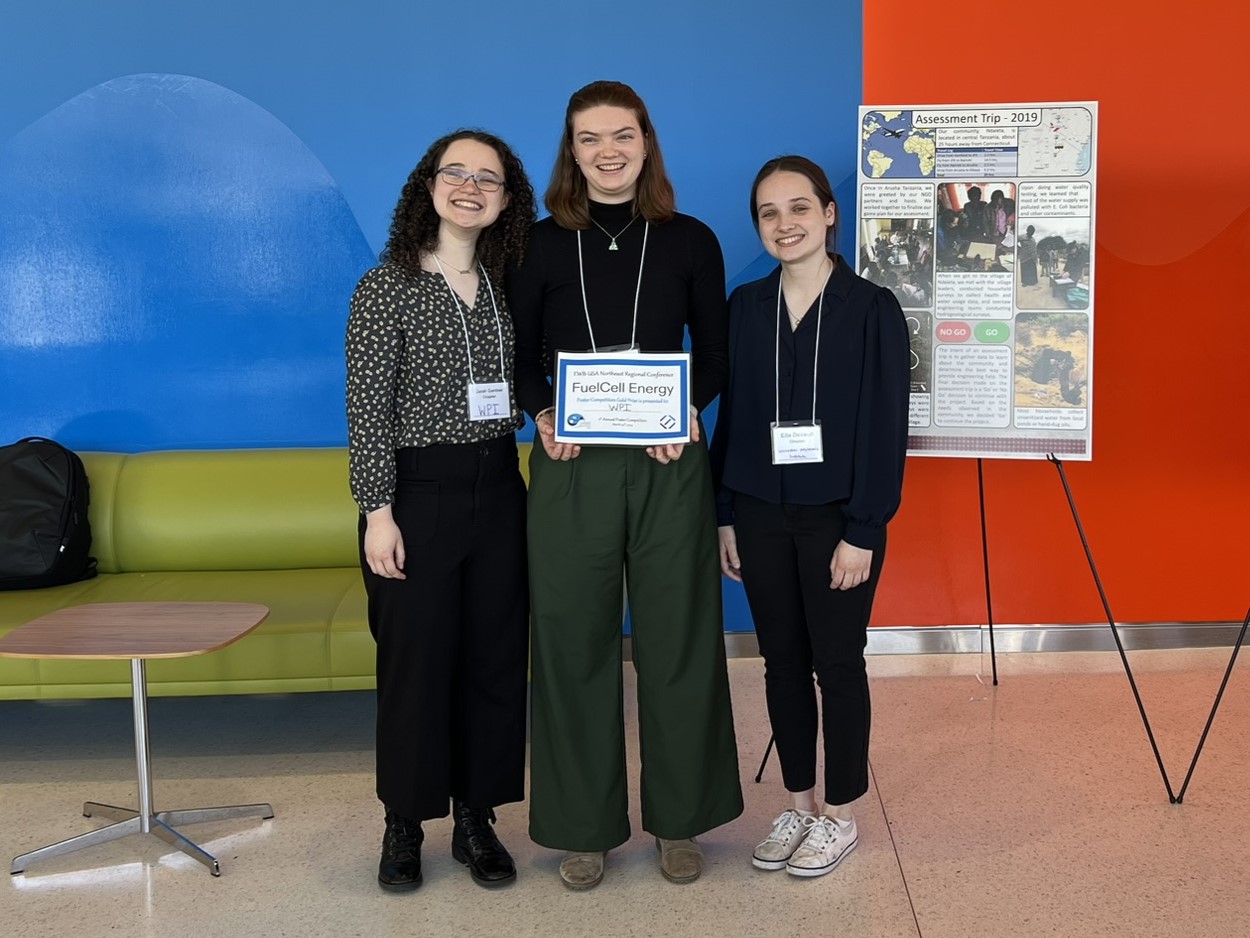
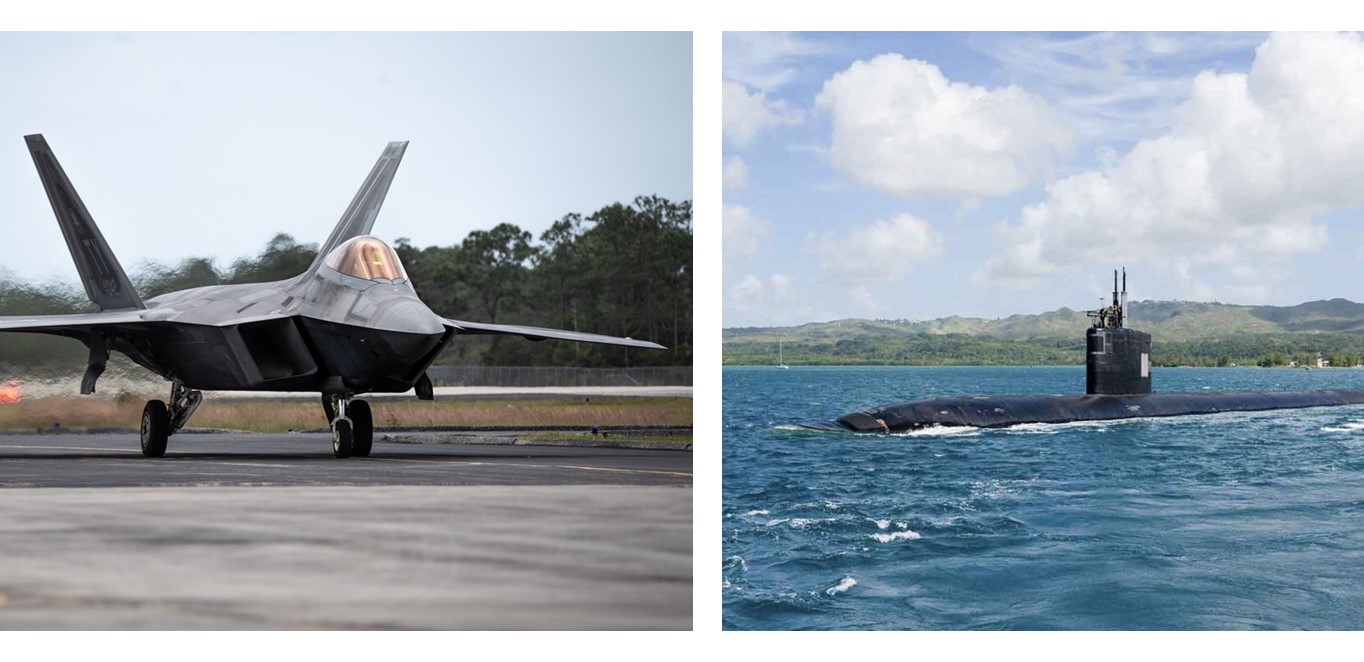 The
The